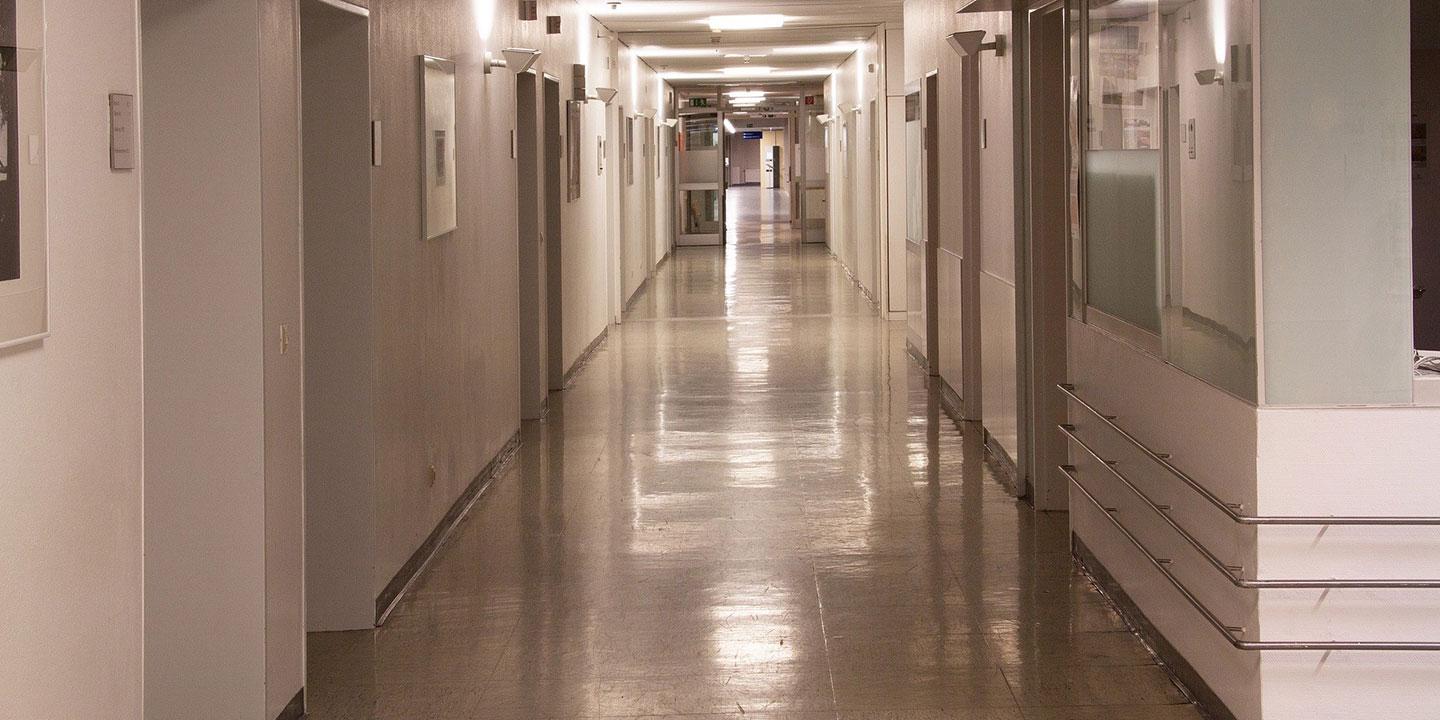A real-time biosensor to quantify SARS-CoV-2 in the air

A newly developed biosensor system for quantitative virus detection in indoor areas enables assessment of the infection risk of exposed individuals.
Healthcare workers are at particularly high risk of Covid-19 infection. Jing Wang's research team at ETH Zurich/Empa has recently developed the CAPS system, which uses a biosensor to directly quantify SARS-CoV-2 virus in ambient air. The sensor was designed in an implementation project of the NRP 78.
To date in the pandemic, Covid-19 has been detected mainly using off-line methods in laboratory. By contrast, CAPS enables the virus to be detected on site in the ambient air. The first step is sampling: Aerosols are collected and enriched in a liquid solution. The biosensor analyses this solution and measures the quantity of Covid-19-specific RNA. The system was tested in the rooms of people infected with Covid-19 and adjoining corridors in hospitals and nursing homes and demonstrated similar performance to modern PCR tests. Based on the promising results, CAPS was developed further and can now be used in high-risk settings such as hospitals and nursing homes. The results of the measurements were made available immediately to healthcare staff. In addition, the researchers developed a formula to estimate the infection risk. Staff were also able to access this result. The researchers obtained additional details on the maximum tolerable exposure time before a certain threshold of infection risk would be exceeded. The values were calculated for various scenarios, which varied with regard to protective equipment worn, for example.
Up to now, there have been no studies in which virus quantification was carried out on site from which a risk evaluation was derived directly. CAPS can not only be used to help detect coronavirus outbreaks at an early stage, it also provides information on the infection risk for healthcare staff. Their safety can therefore be supported based on data on proper use of personal protective equipment with regard to the relevant situation. CAPS is an affordable, non-pharmaceutical tool that has the potential for long-term application. It can be used to help monitor the spread of the virus, meaning that its use does not have to be limited to hospitals and nursing homes, but can also be deployed in other high-population-density public locations.
